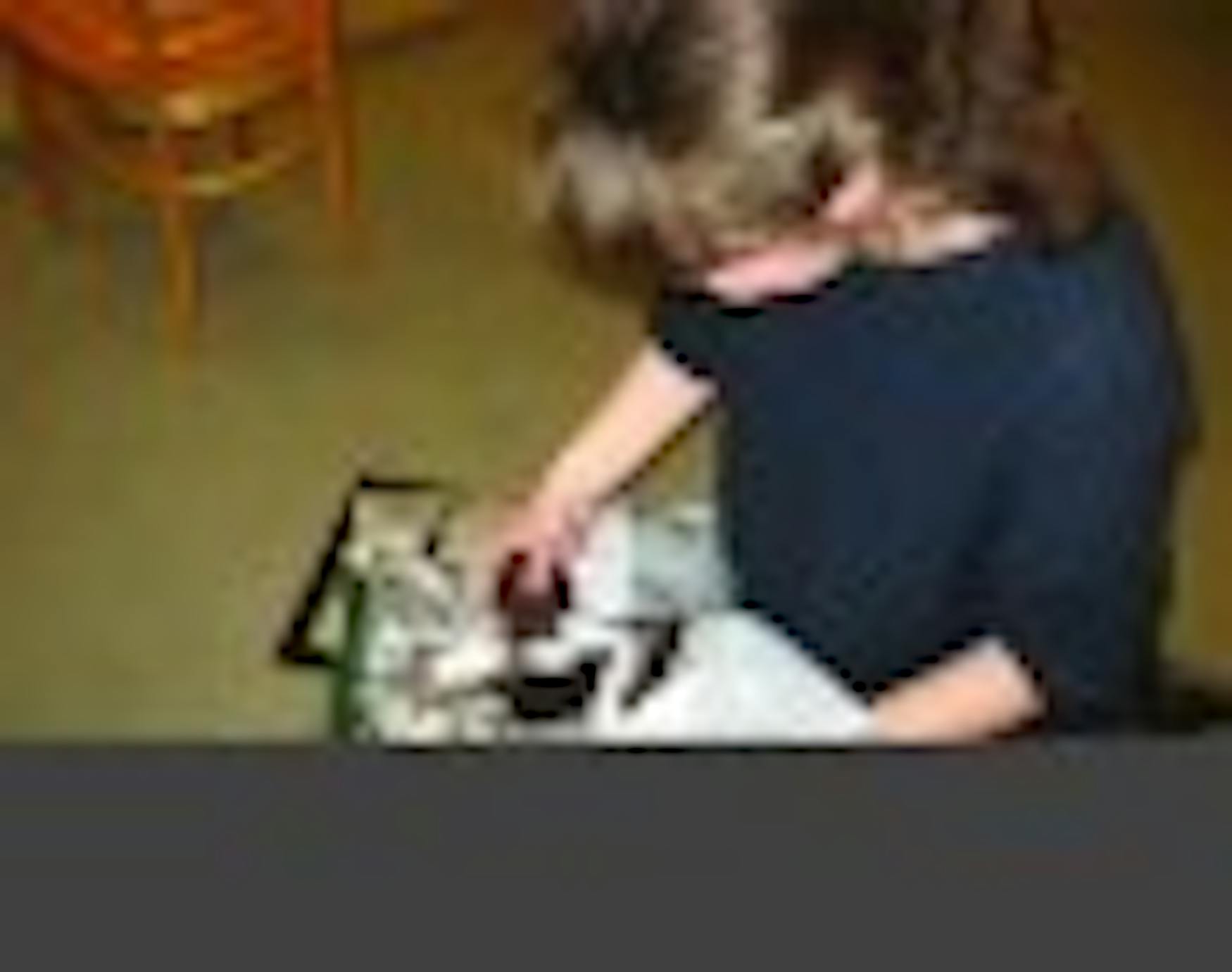Brandeis Sustainability Fund makes progress on proposals
On Friday, five Brandeis Sustainability Fund projects that were initiated last semester to promote environmental sustainability moved forward as 1,000 worms arrived on campus and were placed on the second floors of Village Residence Hall A and Deroy Residence Hall.The BSF is an approved Student Union project which adds $15 per year to the Student Activities Fee and funds student projects that improve sustainability at Brandeis, according to a Dec. 7, 2010 Justice article.
As part of an initiative approved and funded by the BSF, worm composting bins-otherwise known as vermiculture bins-are now located in Village 2A and Deroy 2 kitchens, according to Brandeis Sustainability Coordinator Janna Cohen-Rosenthal '03.
The vermiculture bins project is one of five proposals that the BSF board accepted last November, according to the December article.
Cecelia Watkins '11 proposed the vermiculture bins for a projected $271, according to the December article. The final cost of the project, however, only totaled $222, said Watkins in an e-mail to the Justice.
The extra funds will be held in the BSF account and can be applied to future BSF projects, explained Cohen-Rosenthal in an interview with the Justice.
According to Watkins, the worms will begin "munching away at the food scraps and turning our waste into nutrient rich compost," and in just over 2 months, the compost can be used in the organic garden located near Deroy.
Cohen-Rosenthal also indicated that the remaining four BSF initiatives are making progress.
"SmartMeters" was a $26,000 proposal submitted by Samuel Porter '14 that would implement a system called the Building Dashboard Network in order to monitor energy consumption and water usage in five residence halls. Four meters will be installed in Massell Quad dorms and one in the Village, according to the December article
According to Cohen-Rosenthal, the University signed a contract with Lucid Design Group, which is working to program the "SmartMeters" system by the end of this semester and have them fully operational by next semester.
When the system is functional, students will be able to access energy and water consumption information online as well as on a kiosk in the Shapiro Campus Center, said Cohen-Rosenthal.
The BSF board also approved an $8,000 proposal from Dorian Williams '13 to install a microturbine on campus to generate wind energy. The microturbine will be placed on top of a light pole, and although Cohen-Rosenthal said that the specific location has not yet been chosen, the turbine will likely replace a broken light pole.
The University will provide funding for the cost of a light pole, while the BSF will provide additional funding to attach the microturbine. Deerpath Energy will provide the microturbine, said Cohen-Rosenthal.
The "'DeisBikes 2.0: Semester-Long Bike Rentals for Brandeis Students" proposal for $12,175 planned to offer semester-long bike rentals for a fee of $50, in addition to creating a student-run bike shop, according to the December article.
Jesse Stettin '13, who proposed the project, said in an e-mail to the Justice that the program ordered 40 Trek 700 bicycles, 35 of which will be used for the semester-long rental program while five will be added to 'DeisBikes daily rentals.
The money granted to 'DeisBikes by the BSF will also be used toward the purchase of a bike rack and tools for the student-run bike shop, which will be staffed by student volunteers and located in the basement of Gordon Residence Hall, said Stettin.
The BSF also approved a $550 initiative by Linda Li '13 called "Oh the Things We'll Grow!"
Because it is the inaugural year that the BSF has implemented student projects, Cohen-Rosenthal has noticed ways to make the process more efficient moving forward, she said in an interview with the Justice.
-Eitan Cooper and Emily Kraus contributed reporting.




Please note All comments are eligible for publication in The Justice.